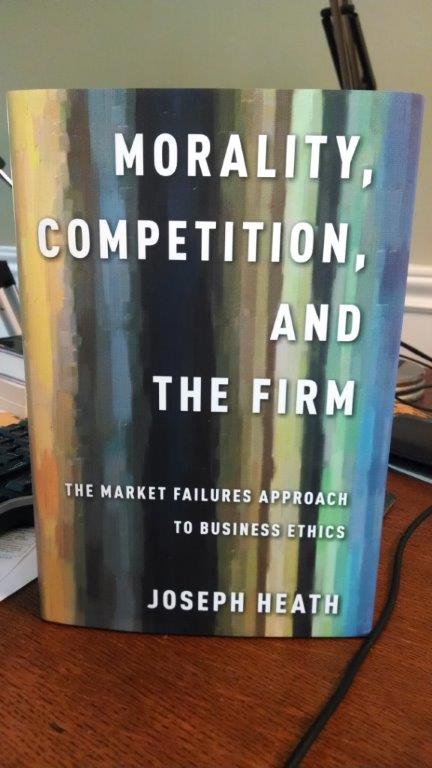Don’t ask me why, but I was reading this goofy article by John Snobelin this morning. (Snobelin, for those who don’t remember, is the high-school dropout who became Minister of Education in the Ontario government of Mike Harris, signalling the triumph of “common sense” over the petty reign of us pointy-headed intellectuals.)
In it, Snobelin tells us about a meeting he recently attended, “a small gathering of business leaders from across North America. We huddled for a couple of days in New York to work on our futures.” There is a bit more blah-blah, until he gets to this part: “Extraordinary leaders, they share three characteristics: They have had great success, they embrace big risks and they are highly self-aware.”
The bit about “embracing big risks” is what caught my eye. This is a line that I must have heard a thousand times, in stuff on leadership and success. People are constantly being told to take bigger risks.… Continue reading

